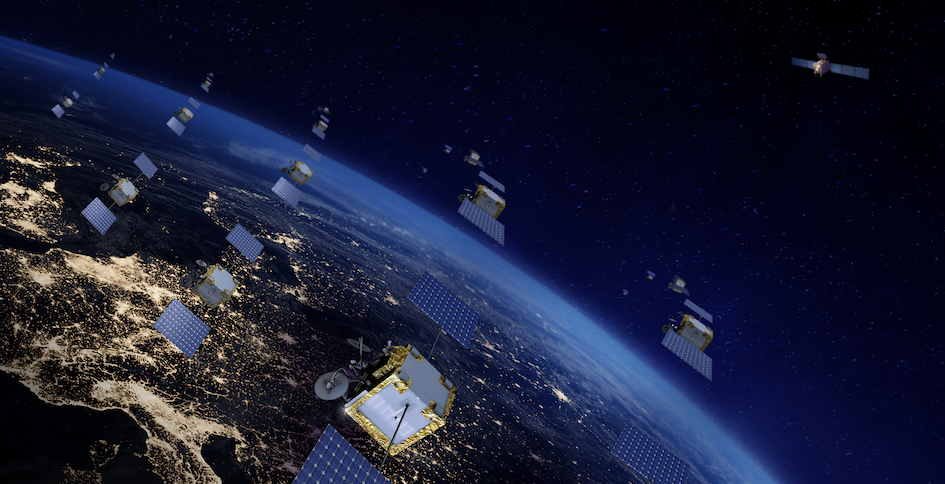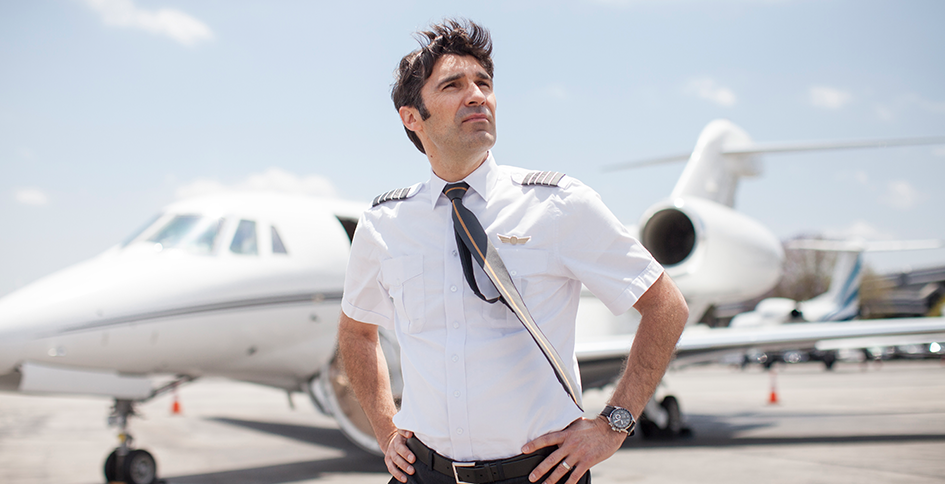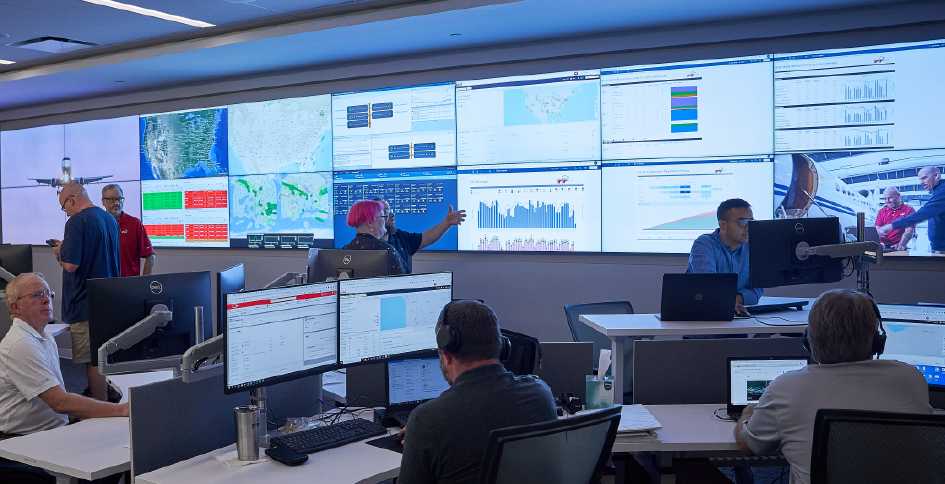Resources

Whitepapers
A Layered Approach to Provide Truly Global Connectivity
Discover how operators are transforming the inflight experience with multi-orbit, multi-band satellite connectivity.
Featured

Whitepapers
Aviate, navigate, communicate
Discover the different ways pilots are using inflight connectivity to aviate, navigate, and communicate better.

Blogs
The Gogo advantage: world-class customer support
Gogo is dedicated to delivering the ultimate inflight connectivity and entertainment experience in business aviation.
